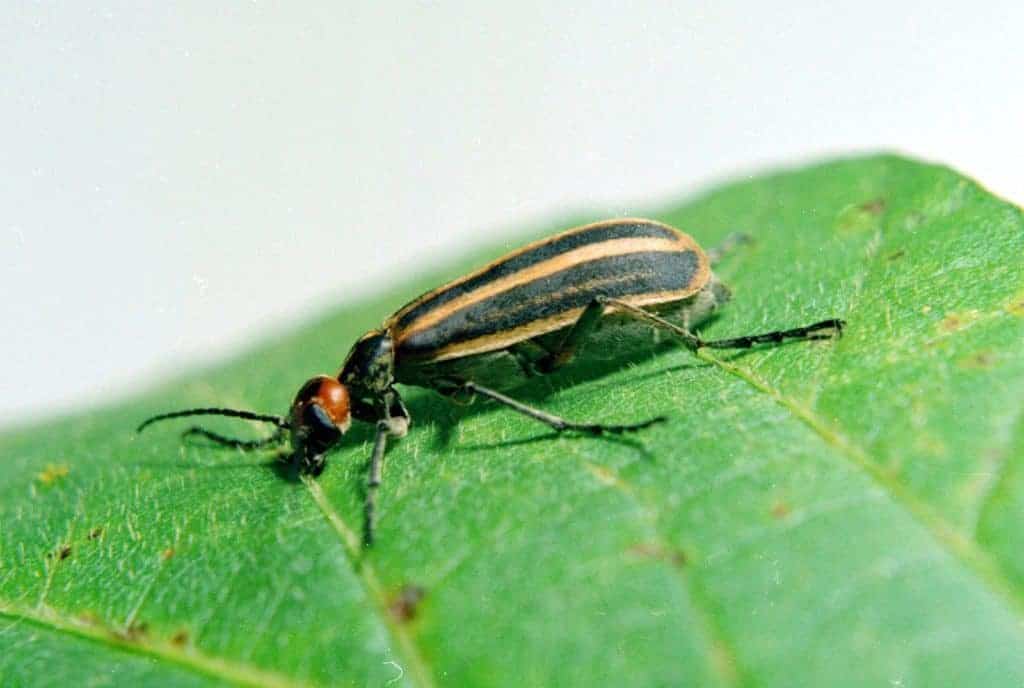
Toxin Topic: Snakebites and Horses
The long hot days of summer bring an increased snakebite risk to all animals, including horses.

The long hot days of summer bring an increased snakebite risk to all animals, including horses.

Alltech’s KnowMycotoxins.com now offers a fresh take on conquering the challenge of mycotoxins. The website
Ensuring your horse maintains a balanced calcium and phosphorus ratio in his diet is critical, as horses with
Science has shown us that horses require magnesium to keep their bodies functioning properly, so should owners

Owners should be aware of a potentially fatal tagalong in healthy-looking alfalfa hay: blister beetles.

Owners often base plant choices in aesthetics, but toxicity should be considered when planting near horses.
Controlling poison hemlock growth in early spring could help keep pastures and livestock healthy, according to J.D. Green, PhD, extension weeds specialist with the University of Kentucky College of Agriculture. “Poison hemlock i
Equine atypical myopathy (EAM), a seasonal, pasture-associated muscle disorder of unknown etiology (cause), presents a particular challenge to veterinarians. The disease is characterized by a generalized complete degeneration of muscle fibers, which

What weeds, trees, and shrubs are poisonous to your horses?
With budgets tight, a number of horse farm managers have reduced costs by using a hay harvest of overmature grass pastures for bedding. On the surface it makes sense to bed stalls with this stemmy hay. But be cautious when using it for pregnant mares in their last trimesters.

Alsike and red clover can be associated with less common conditions in horses such as photosensitivity and liver disease.
The wet spring weather and abundant clover growth in Central Kentucky has made 2010 a bumper year for slaframine toxin, or “slobber toxin.”

Red maple trees are beautiful trees that grow extensively throughout eastern North America. However, horse owners should be aware these trees can pose a serious risk to horses.
Therapeutic drugs such as antibiotics, anti-inflammatory and pain relief medications, anesthetics, and antiparasitic drugs can dramatically improve the health and well-being of horses. However, many horse owners are unaware that virtually all drugs can cause unintended side effects, or adverse effects, that sometimes can be serious.
Experts report Eastern tent caterpillars are hatching in central Kentucky in increasing numbers.
Many horse owners do not realize that baits used to kill mice, rats, and small rodents are also poisonous to horses and other mammals.
Stay on top of the most recent Horse Health news with
"*" indicates required fields